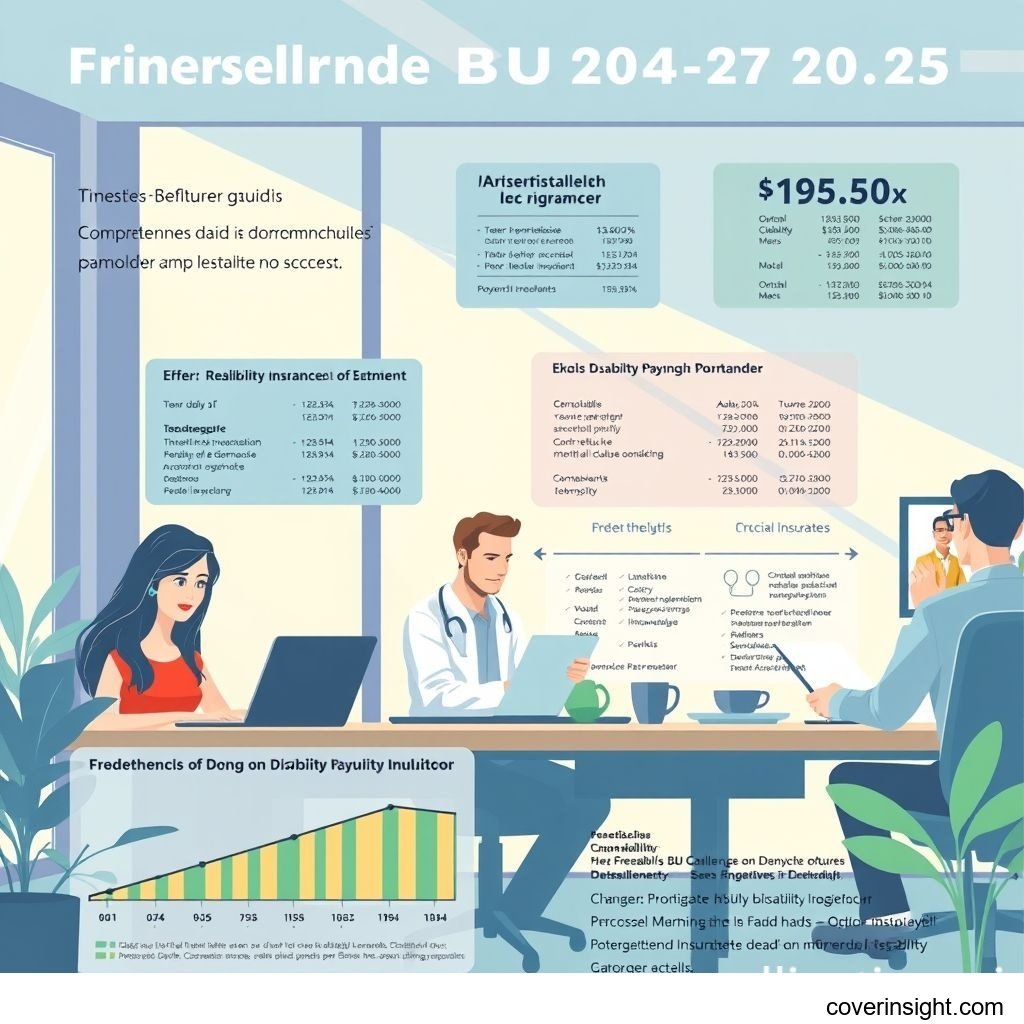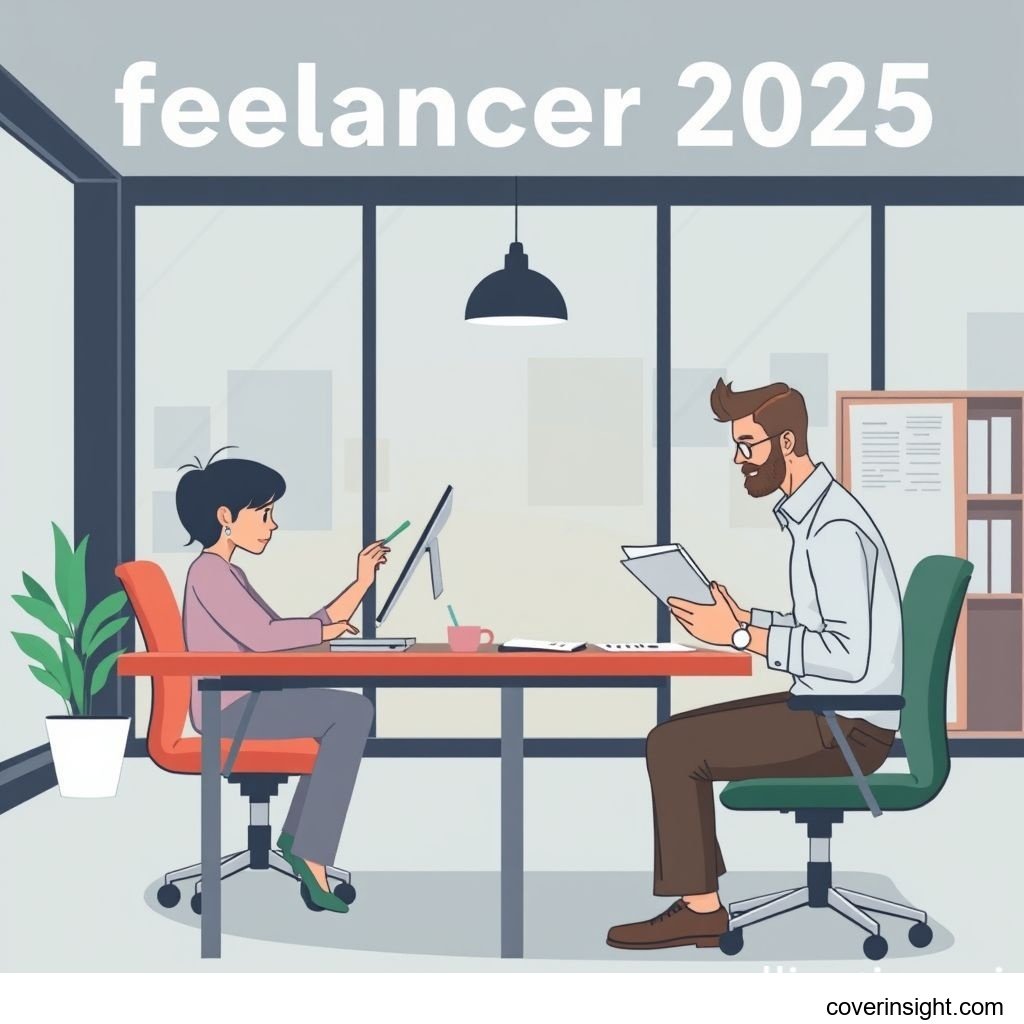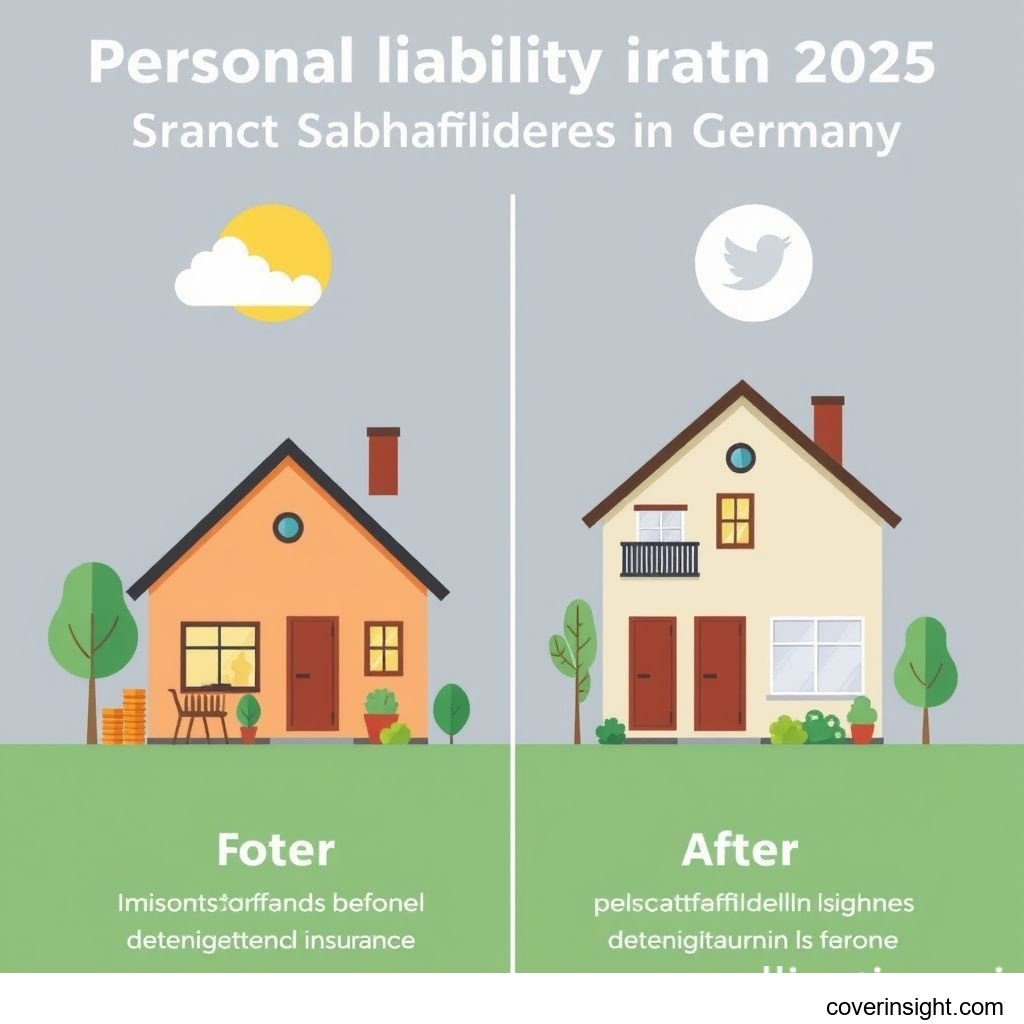Freelancer BU 2025: Optimaler Schutz in Deutschland
Introduction
As a freelancer in Germany, you navigate a world of independence, creativity, and self-determination. Yet, this freedom comes with significant responsibility, especially when it comes to financial security. With 2025 on the horizon, the concept of a "Dynamische Erhöhung" in the context of Berufsunfähigkeitsversicherung (BU) becomes more pertinent than ever. This dynamic adjustment mechanism is crucial for ensuring that your disability benefits keep pace with inflation and the rising cost of living, providing a truly future-proof safety net. While the thought of becoming unable to work due to illness or accident might seem distant, securing optimal protection isn't just a wise choice—it's an absolute necessity for safeguarding your livelihood and future in Deutschland.
Coverage Details
Navigating the intricacies of a Berufsunfähigkeitsversicherung can feel like a deep dive into complex German bureaucracy, but understanding what’s included and what’s not is half the battle.
What’s Included
A solid BU policy is designed to pay out a monthly pension if you become unable to perform your profession, typically to 50% or less, due to illness, accident, or bodily injury. This includes:
-
Monthly BU-Rente: The agreed-upon monthly payout, designed to replace your lost income. This is the core benefit.
-
Worldwide Coverage: Most policies offer protection regardless of where the disability occurs.
-
Retraining and Reintegration Support: Some advanced policies offer services to help you return to work if possible, or even retrain for a new profession.
-
Built-in "Dynamische Erhöhung": Often referred to as Beitrags- und Leistungsdynamik, this feature adjusts both your premium and your payout amount annually (e.g., by 1-3%) to counteract inflation, ensuring your future benefits retain their purchasing power. For a long-term contract like BU, this is vital; imagine trying to live on 2025 Euros in 2045 without any adjustment!
-
Waiver of Premium: If you become disabled, the insurer continues to pay your premiums, ensuring your policy remains active without further financial burden.
Common Exclusions
While comprehensive, BU policies do have their limits. Common exclusions or challenging areas include:
-
Pre-existing Conditions: Undisclosed or severe pre-existing health issues can lead to exclusion or higher premiums. Always be transparent in your health declaration.
-
Specific Hobbies/Occupations: High-risk hobbies (e.g., extreme sports) or extremely hazardous occupations might be excluded or require significant premium surcharges.
-
Intentional Self-Harm/Criminal Acts: Disabilities resulting from such actions are generally not covered.
-
Mental Health: While mental health issues are increasingly a leading cause of disability in Germany (according to the GDV - German Insurance Association, psychiatric illnesses account for over 30% of new disability cases), policies can vary in how they assess and cover them, sometimes requiring longer waiting periods or specific diagnoses.
-
Initial Waiting Periods: Some policies may have an initial waiting period (e.g., 6 months) before benefits can be claimed.
Cost Analysis
For freelancers, managing finances often feels like walking a tightrope. Understanding the cost factors for your BU and how to save money is crucial for effective financial planning.
Price Factors
The premium for your Berufsunfähigkeitsversicherung is highly individualized and depends on several key factors:
-
Your Age: The younger you are when you sign up, the cheaper your premiums generally are. This is because the risk of disability increases with age.
-
Your Health: A detailed health questionnaire is mandatory. Good health translates to lower premiums.
-
Your Profession: Professions with higher physical demands or inherent risks (e.g., craftsmen, certain medical professions) will typically have higher premiums than office-based roles. As an independent consultant, your risk profile might be lower than a construction worker, for example.
-
Desired Monthly BU-Rente: The higher the monthly payout you wish to receive, the higher the premium.
-
Policy Term: The longer your policy is set to run (e.g., until age 67), the higher the overall cost, as the insurer covers a longer risk period.
-
"Dynamische Erhöhung" Rate: The agreed-upon percentage for your annual dynamic adjustment also influences the premium. A higher adjustment rate means a slightly higher initial premium, but better long-term protection against inflation.
Saving Tips
While you can't control your age or past health, there are smart ways to optimize your BU costs:
-
Start Early: As discussed, signing up when you're young and healthy is the single best way to secure lower rates for life.
-
Choose the Right Policy: Don't just go for the cheapest. Focus on a policy that truly fits your needs, but avoid unnecessary add-ons. Prioritize core benefits.
-
Be Honest and Thorough with Health Questions: While tempting to omit minor details, this can lead to the insurer refusing to pay out later. Transparency is key. However, work with an independent advisor to accurately present your health history without overstating minor issues.
-
Consider "Starter" Tariffs: Some insurers offer lower initial premiums that increase over the first few years. This can be beneficial for new freelancers with lower current income, but be aware of the future cost increases.
-
Regular Review: Periodically review your policy to ensure it still meets your needs. For instance, if your income significantly increases, you might want to raise your monthly BU-Rente to maintain adequate coverage, a process often possible without new health checks up to certain limits (Nachversicherungsgarantie).
FAQs
How much does Dynamische Erhöhung cost? The "Dynamische Erhöhung" (or "Dynamikoption") itself isn't a separate, explicit cost but rather a feature that causes your existing premium and benefits to increase by a small, agreed-upon percentage (e.g., 1-3%) each year. This means your premium will gradually rise over time, but in return, your future benefit payments will also increase, maintaining their real value. You usually have the option to decline the increase for a given year without losing the option for future years, though declining too often can lead to the feature being permanently removed.
What affects premiums? As detailed in the "Price Factors" section, your age, current health status, profession, the desired monthly payout amount, and the overall term of the policy significantly influence the premium. The higher the risk or the higher the desired benefit, the higher the premium.
Is it mandatory? No, Berufsunfähigkeitsversicherung is not legally mandatory in Germany, unlike health insurance. However, for freelancers, it is arguably one of the most critical insurances you can have. As you are typically not eligible for state-provided disability benefits (Erwerbsminderungsrente) to the same extent as employed individuals unless you've paid into the statutory pension scheme for many years, a BU is your primary income protection. Consider the statistics: around one in four people in Germany become disabled before retirement age. According to data from the German Ministry of Labour and Social Affairs, a significant portion of those receiving state disability benefits are unable to cover their living costs, highlighting the income gap a private BU can fill.
How to choose? Choosing the right BU requires careful consideration. Don't just pick the cheapest. Look for:
-
"Abstrakte Verweisung" Clause: Ensure the policy does not include this. It means the insurer cannot refer you to another job you could theoretically do, even if it's not your trained profession, to avoid paying out.
-
Reputation of the Insurer: Choose a financially stable insurer with a good claims payout record. Check ratings from independent bodies.
-
Flexibility: Look for options like "Nachversicherungsgarantie" (the ability to increase benefits later without new health checks) and the option to pause premiums in case of financial hardship.
-
Expert Advice: Given the complexity, consulting an independent insurance broker who understands the German market and can compare various providers is highly recommended. You want someone who helps you understand the "Kleingedruckte" (fine print).
Consequences of no coverage? For a freelancer, the consequences of not having a BU can be dire. Without a regular income from your work, and without sufficient private savings or an adequate state pension claim, you would likely face severe financial hardship. You might become dependent on social welfare programs (Hartz IV), struggle to pay rent, or even lose your home. The financial strain often exacerbates the personal and emotional toll of the disability itself. It’s a bit like not having an umbrella on a rainy day – you'll eventually get drenched.
Author Insight & Experience
As someone living in DE and deeply involved in financial planning, I've observed firsthand the cultural emphasis on security, often epitomized by the German concept of "Vorsorge" (provision/precaution). Yet, many freelancers, perhaps caught up in the daily grind, overlook the most fundamental aspect of their financial security: their ability to work. Based on my experience, the biggest mistake is procrastination. Waiting until you have a health issue or reach an older age makes securing comprehensive BU significantly more expensive or even impossible. A common example I've seen is "Frau Schmidt," a talented graphic designer who, after years of dismissing BU as an unnecessary cost, found herself unable to work due to severe burnout and chronic back pain. Her lack of BU meant reliance on her limited savings and the stark reality of navigating the social welfare system, a stark contrast to her once independent and thriving career. Securing a robust BU policy isn't just about financial protection; it's about preserving your independence, dignity, and peace of mind. It’s truly about going "auf Nummer sicher."
For further reading and to understand more about your options, you can explore comprehensive Insurance Resources Global or delve deeper into specific options relevant to DE Insurance Home. For official information and regulatory oversight in Germany, consult the BaFin - Federal Financial Supervisory Authority and for industry insights, the GDV - German Insurance Association.
Further reading: Insurance Resources Global
Further reading: DE Insurance Home









Comments